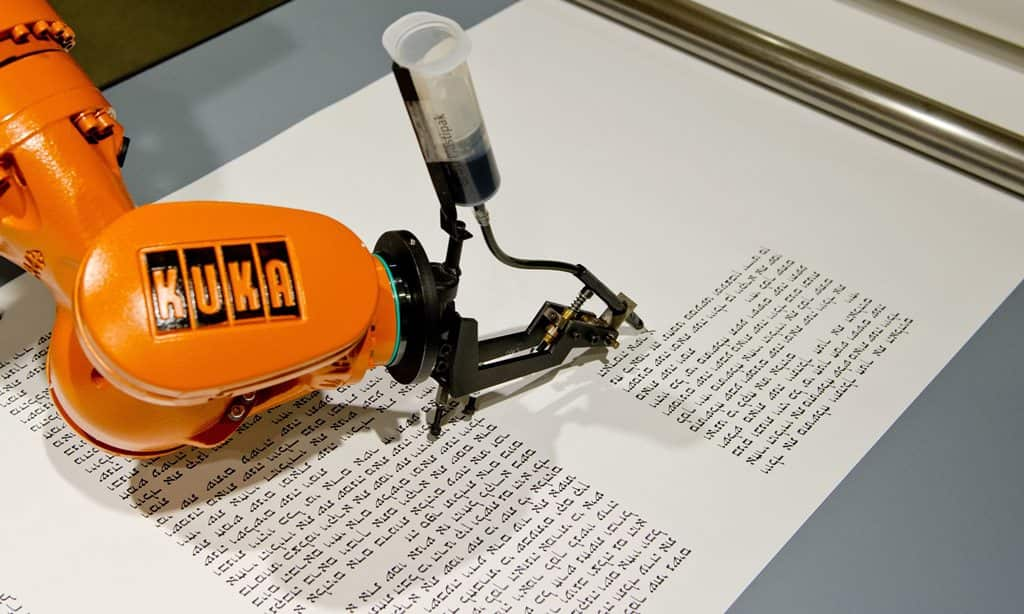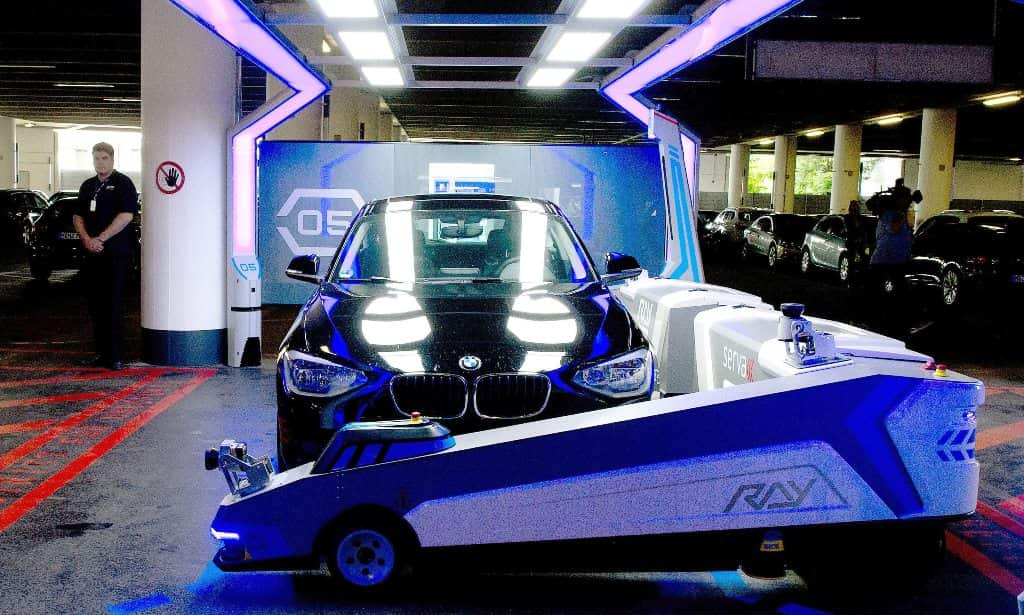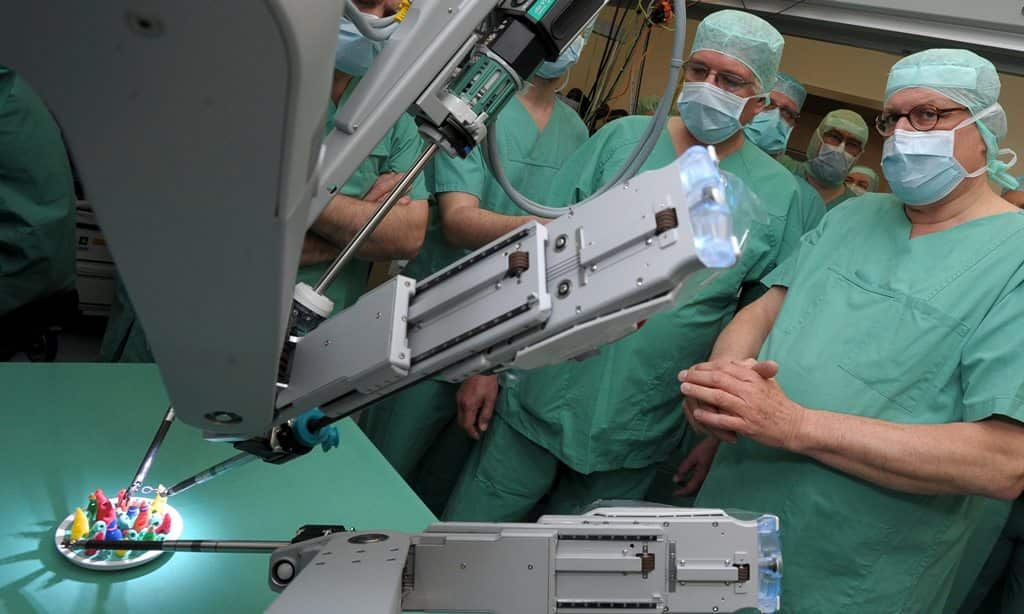I often play a mental game trying to guess which people I see know that their profession could be replaced by machines within a few years. As Cole said in the movie Sixth Sense, “I see dead people … they don't know they're dead.”
In 1930, economist John Maynard Keynes wrote an essay in which he discussed “technological unemployment … due to our discovery of means of economising the use of labour is outrunning the pace at which we can find new uses for labour”. Keynes thought that this was a temporary phase which wouldn’t be a long term problem.

Since federation in 1901, there has been a dramatic decline in the percentage of Australians employed in agriculture, from 14% to 3%. We are at a phase now similar to when agriculture began being to be disrupted at the beginning of the last century, except this time people whose industry disappears may not be able to find a new career.
MIT professor Erik Brynjolfsson and his collaborator Andrew McAfee believe that increased productivity has decoupled from creating more jobs and the current rate of “rapid technological change has been destroying jobs faster than it is creating them, contributing to the stagnation of median income and the growth of inequality in the USA”.
Noted American entrepreneur and thinker John Robb recently spoke at a Social Innovation Sydney event. John told us that the US government spent a lot of time and money training him during the 80’s to become an elite pilot but today’s military is training far fewer humans to do that:
“I was a US Military Special Operations pilot. These days drones have eaten away at the whole military pilot profession. You can do it better, remotely with a drone. They are becoming cheaper and more effective every day”.
Robb said that many people have a cognitive barrier that prevents them from thinking about their economic future as being anything else than getting secondary/tertiary education credentials and then a job in a bureaucracy.

Many people think that investing in studying to get credentials that allow entry into specialist jobs in industries like healthcare or law will ensure that they’ll be able to have a career in those fields for life. This is a dangerous assumption to make.
Technological utopians are of the belief that it doesn’t matter if stable full time jobs are replaced by the need for people to bid for juggle a portfolio of tasks but the reality of life as a Taskrabbit or trying to earn a living via the gig economy is not rosy.
It should be a warning sign that many of the more recently created most valuable companies in the world don't create many jobs and even when they do such as in the transport industry, these will eventually be fully automated.

Speaking at an American Enterprise Institute event earlier this year Bill Gates commented that:
“Are you good at working with intelligent machines or not? Are your skills a complement to the skills of the computer, or is the computer doing better without you? Worst of all, are you competing against the computer? Are computers helping people in China and India compete against you?”
Australians young and old should carefully consider these questions in light of the recent 2014 Federal Budget’s proposed savage cuts to unemployment benefits, deregulation of university fees and delayed access to the aged pension.
People will have to learn to fend for themselves in a jobs free future.
Neerav Bhatt is a Polymath: UNSW Engineering IT staffer, Freelance Journalist, Photographer, Librarian, Environmentalist, Professionally Curious, Lifelong Learner.

